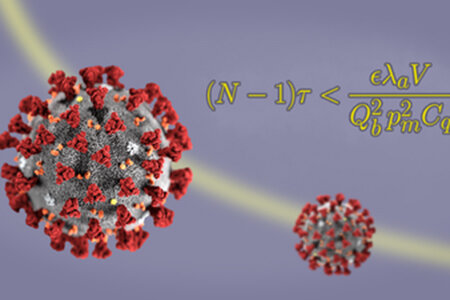Real-Time Contagion Science in the 21st Century: The Role of Data and Computing
Infectious diseases cause more than 10 million deaths a year worldwide. Despite significant advances by scientists and public health authorities that have led to reduced rates of infections and mortality, the world is still unable to respond rapidly and effectively to pandemics.
In this talk, Madhav Marathe argued that pandemics are a complex systems problem that go beyond human health and national boundaries. He discussed how and if recent advances in computing, data, and biological sciences can be harnessed to develop new techniques and engineering principles that can further advance the field and, in the end, help reduce the global burden of infectious diseases.
About the Computer Scientist
Madhav Marathe is a Distinguished Professor in Biocomplexity, the division director of the Network Systems Science and Advanced Computing Division at the Biocomplexity Institute and Initiative, and a Professor in the Department of Computer Science at the University of Virginia (UVA).
He is a passionate advocate and practitioner of transdisciplinary team science. During his 25-year professional career, he has established and led a number of large transdisciplinary projects and groups. His research interests are in network and data science, computational epidemiology, AI, foundations of computing and high performance computing. Throughout his career, he has been studying contagion-like phenomenon that occur in social and engineered systems.














